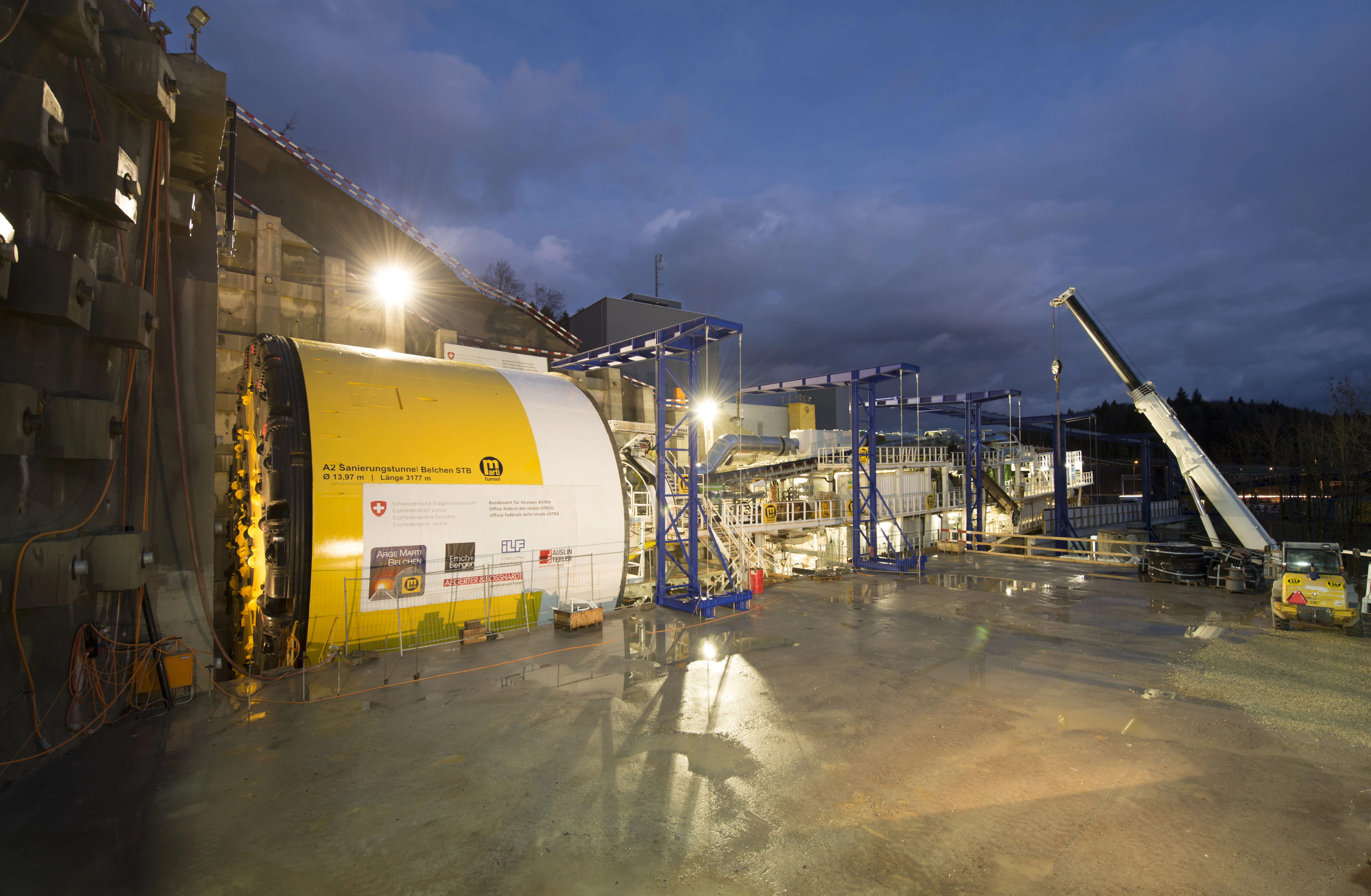Plans are in hand for road widening work and surfacing upgrades for a key route crossing Zimbabwe. The highway upgrade is being carried out by a joint venture partnership between Chinese firm China Harbour Engineering Company (CHEC) and Austrian Company Geiger International. This follows agreements being reached between the joint venture partners and the Zimbabwe Government. The work is needed as the existing road links along the route are unable to cope with that current traffic volumes that include a high
August 24, 2016
Read time: 3 mins
Plans are in hand for road widening work and surfacing upgrades for a key route crossing Zimbabwe. The highway upgrade is being carried out by a joint venture partnership between Chinese firm China Harbour Engineering Company (CHEC) and Austrian Company Geiger International. This follows agreements being reached between the joint venture partners and the Zimbabwe Government. The work is needed as the existing road links along the route are unable to cope with that current traffic volumes that include a high percentage of heavily loaded trucks, while some of the road surfaces along the way also in poor condition at present.
The 900km route incorporates the R3 Highway and A1 Highway and runs from Chirundu in the north of the country and on the border with Zambia, to Beitbridge in the south and on the border with South Africa. The route is of economic importance to Southern Africa as it connects Zambia with South Africa and forms part of the Trans-African Highway Network, as well as being part of the North-South Corridor Project. Northwards from Chirundu the road connects with Zambia’s capital Lusaka. At Beitbridge the route meets the road from Zimbabwe’s second city Bulawayo and then heads south cross the border to South Africa’s capital Pretoria and on to Johannesburg. The route is vital to Zimbabwe’s economic development and also provides the landlocked nation with a link to South Africa’s busy port of Richards Bay.
The development of the North-South Multimodal Transport Corridor is itself being overseen by the African Development Bank (ADB) as part of the African Union Programme for Infrastructure Development in Africa (PIDA). This highlights the importance of the road to Southern Africa as a whole. The feasibility study for the project was carried out in 2013, estimating the approximate costs of the work.
The route runs some 348km from Chirundu to Zimbabwe’s capital Harare, passing through Makuti, Karoi and Chinhoyi on the way. The 75km section between Chirundu and Makuti may provide some of the biggest technical challenges as this section features a number of switchbacks due to the mountainous terrain, particularly in the area around the turn off for the Manna Pools tourist destination. The stretch from Harare to Beitbridge is some 571km long and passes through Chivhu, Masvingo and Ngundu.
The work is being carried out in two separate phases. The partners will widen and improve the route during the primary phase of the project and will then operate this stretch under a 20 year long concession package. Some of the financing sources for the second phase of the work have yet to be revealed although CHEC will provide a portion of the funding. The final cost of the highway widening and improvement project has yet to be established although Zimbabwe’s Transport Ministry has estimated the pricetag at around US$2.7 billion.
The 900km route incorporates the R3 Highway and A1 Highway and runs from Chirundu in the north of the country and on the border with Zambia, to Beitbridge in the south and on the border with South Africa. The route is of economic importance to Southern Africa as it connects Zambia with South Africa and forms part of the Trans-African Highway Network, as well as being part of the North-South Corridor Project. Northwards from Chirundu the road connects with Zambia’s capital Lusaka. At Beitbridge the route meets the road from Zimbabwe’s second city Bulawayo and then heads south cross the border to South Africa’s capital Pretoria and on to Johannesburg. The route is vital to Zimbabwe’s economic development and also provides the landlocked nation with a link to South Africa’s busy port of Richards Bay.
The development of the North-South Multimodal Transport Corridor is itself being overseen by the African Development Bank (ADB) as part of the African Union Programme for Infrastructure Development in Africa (PIDA). This highlights the importance of the road to Southern Africa as a whole. The feasibility study for the project was carried out in 2013, estimating the approximate costs of the work.
The route runs some 348km from Chirundu to Zimbabwe’s capital Harare, passing through Makuti, Karoi and Chinhoyi on the way. The 75km section between Chirundu and Makuti may provide some of the biggest technical challenges as this section features a number of switchbacks due to the mountainous terrain, particularly in the area around the turn off for the Manna Pools tourist destination. The stretch from Harare to Beitbridge is some 571km long and passes through Chivhu, Masvingo and Ngundu.
The work is being carried out in two separate phases. The partners will widen and improve the route during the primary phase of the project and will then operate this stretch under a 20 year long concession package. Some of the financing sources for the second phase of the work have yet to be revealed although CHEC will provide a portion of the funding. The final cost of the highway widening and improvement project has yet to be established although Zimbabwe’s Transport Ministry has estimated the pricetag at around US$2.7 billion.








